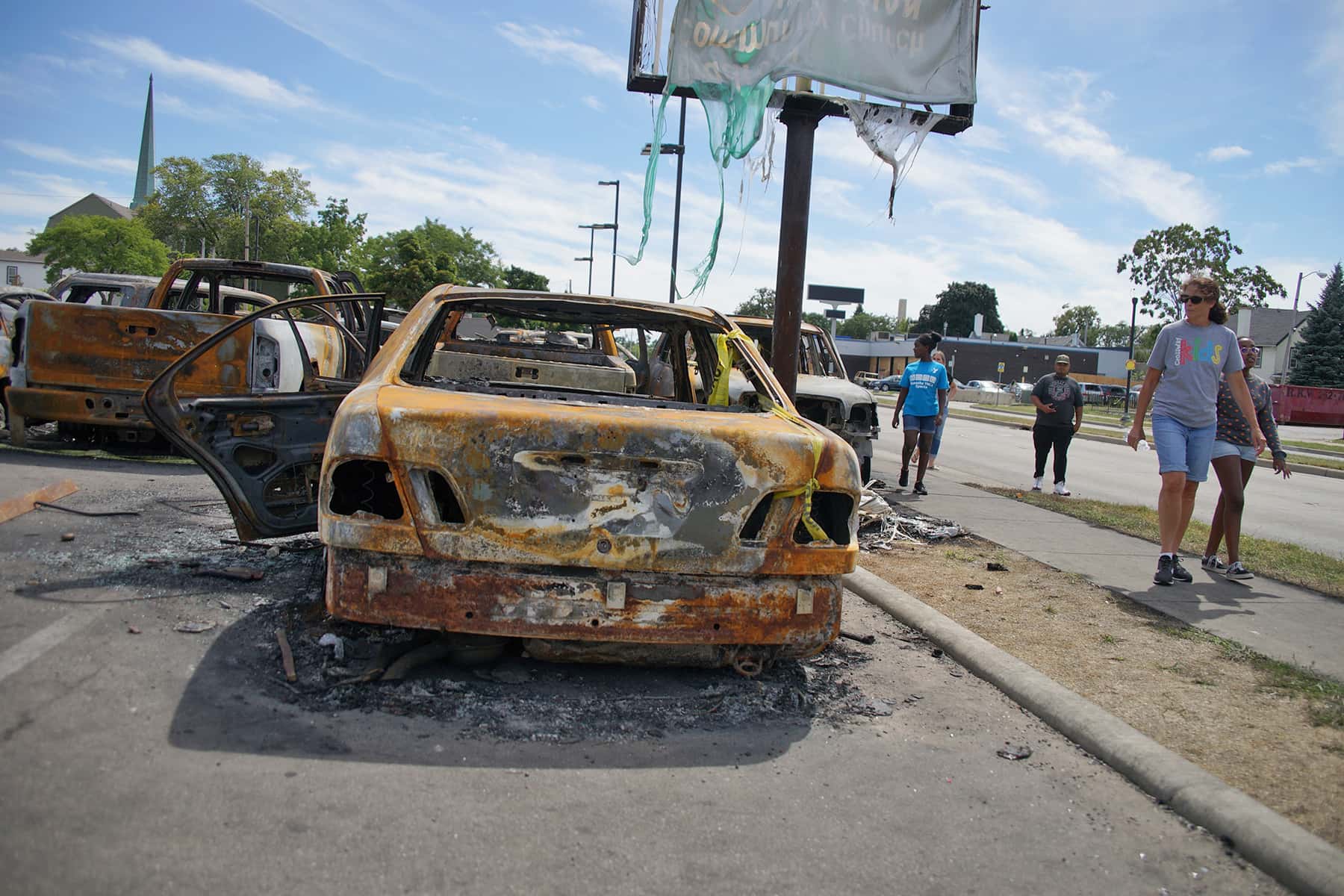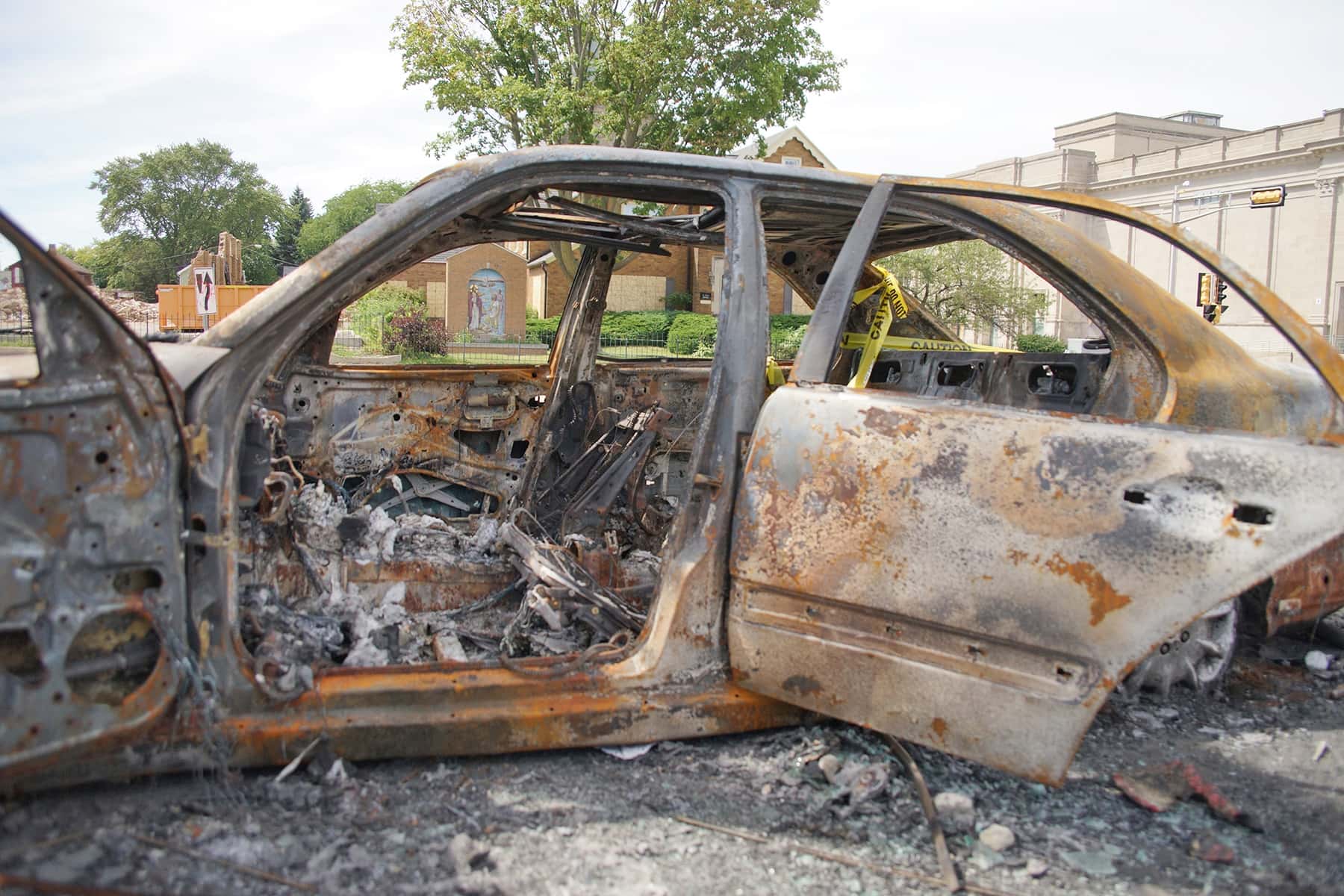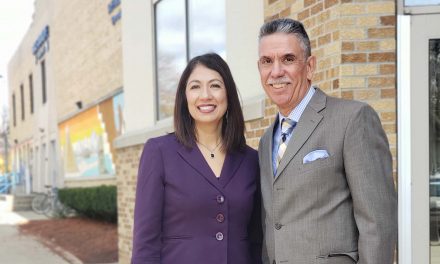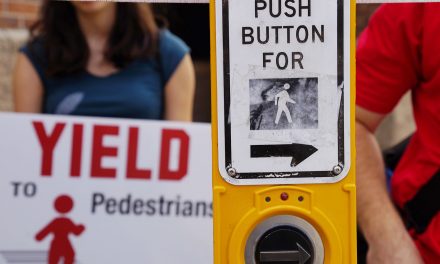
Governor Tony Evers, together with State Senator Bob Wirch, Representatives Tod Ohnstad and Tip McGuire, and the Wisconsin Economic Development Corporation (WEDC), announced state support on September 1 for businesses that suffered damage in Kenosha over the week that followed the shooting of Jacob Blake.
Up to $20,000 of assistance will be offered to businesses in the form of no-interest loans to help cover repair costs. The WEDC has allocated up to $1 million in funding for the Disaster Recovery Microloan (DRM) Program to help the affected businesses. The loans can be used for procurement of cleanup and restoration services, operating expenses, temporary space, payroll, and repair and reconstruction work.
“These funds will provide immediate aid to the businesses that suffered losses over the past week and serve as a first step toward rebuilding and healing the divisions that have caused so much fear, pain, and devastation,” said Governor Evers. “The people, businesses, and community of Kenosha are hurting, but they are strong and are looking to move forward united. We are prepared to be right there with them every step of the way as we rebuild the physical damage and address the critical issues of equity and justice in our communities and state.”
Governor Evers declared a state of emergency in Kenosha on August 25, and has continued to work with local officials since August 23, to ensure first responders have the support needed to protect Kenoshans and critical infrastructure. Gov. Evers and the WEDC will continue conversations with both city and county officials regarding community needs and additional potential recovery assistance.
“I am devastated by the events that have taken place in Kenosha, but Kenoshans are resilient,” said Senator Wirch. “This is a clear signal that the state is ready and willing to help our community rebuild and to ensure our small businesses can get back on their feet.”
WEDC is partnering with the Kenosha Area Business Alliance (KABA) to administer the loans. Affected businesses have been instructed to contact the KABA directly to access the loans and contact WEDC for information regarding other assistance. WEDC will use information gathered from conversations with stakeholders to identify possible additional relief that may be needed.
“After the tragedy, damage, and destruction the Kenosha community has witnessed, I hope we can now come together to heal and overcome divisiveness,” said Representative Ohnstad. “As we look to the future, I appreciate this additional support from Gov. Evers to help us repair and rebuild the city we all love.”
Under the DRM Program, WEDC awards grants to its contracted regional designees, such as KABA, which in turn provide loan applications and issue loans to damaged businesses seeking short-term assistance. Businesses that suffered measurable physical damage because of the unrest and intend to resume operations in the community as quickly as possible are eligible and encouraged to apply for the assistance.
“Our community is hurting and wants action. There is a long difficult road ahead of us, but we can succeed in moving forward by coming together to help one another,” said Representative McGuire. “These funds will provide our small businesses with the vital resources they need as we work to rebuild.”
Businesses in the affected areas will be eligible for loans of up to $20,000 at 0% interest, which will provide them with a short-term source of funds for repair work and operating expenses. The loans have a two-year repayment period, with the first payment deferred for at least six months.
“For many businesses—and especially small businesses—this year has been marked by unexpected losses and disruptions,” said Missy Hughes, WEDC Secretary and CEO. “WEDC is focused on this vital sector of our economy and helping our communities to recover from these shocks and aftershocks. We will continue to leverage our resources and partnerships in our efforts to assure economic well-being for all the citizens of Kenosha and Wisconsin.”
WEDC’s Disaster Recovery Microloan Program was introduced in 2018 and has been available to businesses in all 72 counties impacted by manmade or natural disasters declared by state or federal authorities.
© Photo
Lee Matz















